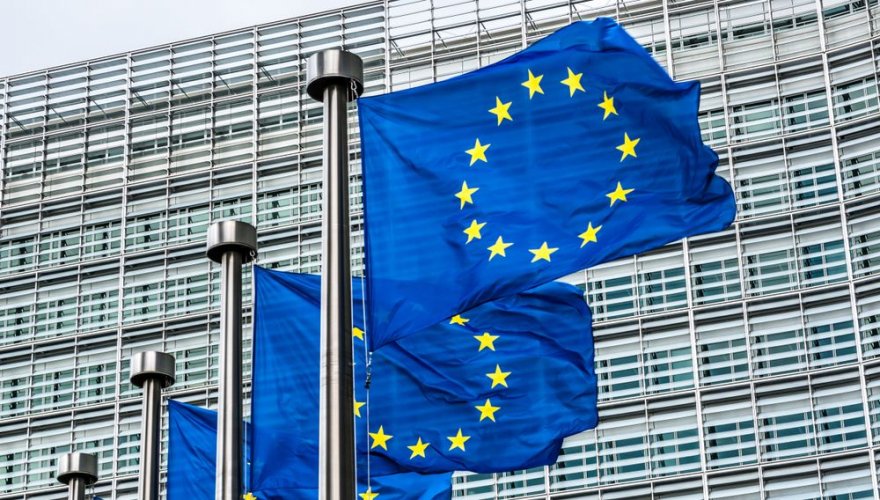Experts from the European Sustainable Investment Forum (Eurosif) have criticized the European Commission for reducing the ambitions of the ESRS project.
The proposed draft Delegated Act on Corporate Sustainability Reporting (CSRD) could undermine its effectiveness, as well as the implementation and coherence of the EU's sustainable finance system, Eurosif said in a press release.
It is noted that the document defines the content of the first set of European standards for reporting on sustainable development. Currently, it has been submitted for public discussion, which will last until July 7.
The press release emphasized that Eurosif supports the development of reliable and comprehensive ESRS based on the principle of dual importance and covering environmental, social and governance issues. These standards are key to closing corporate sustainability reporting gaps and improving the quality, reliability and comparability of these disclosures.
The message noted that the proposed draft of the act in combination with additional flexibility will actually allow companies not to disclose whole parts of their sustainability reporting.
The authors added that this would be contrary to the technical recommendations of the European Financial Reporting Advisory Group (EFRAG), which were agreed with company representatives, investors, other financial market participants and civil society.
The press release emphasized that investors and other financial market participants need reliable and comparable corporate information related to sustainable development. This will allow you to make informed investment decisions and meet your own regulatory requirements.
"The disclosure of some of the most important climate data, including indicators of greenhouse gas emissions, climate goals and plans for the transition period, is subject to an assessment of importance, which is contrary to the European Commission's obligations to achieve the goals of the European "green" course and EU climate legislation," the press service noted.
Eurosif executive director Alexandra Palinska said the document ignores the balanced agreement reached within the EFRAG structures. And it ignores the concerns of investors and financial institutions about improving the availability of comparable and reliable information about corporate sustainability.
“The European Commission should not prioritize reducing reporting requirements at the expense of the public interest and other stakeholders, including investors and financial institutions, who are in dire need of sustainability information to meet their own regulatory requirements. If not amended, this draft Delegated Act will hinder the ability of investors to make informed decisions about sustainable investment and risks jeopardizing the EU's commitment to deliver on the EU's Green Deal ambitions and the Climate Act," she stressed.
Eurosif called on the European Commission to review the changes and adhere to the final recommendations of EFRAG, which were already the result of a compromise between developers, financial market participants, in particular investors, and civil society. Namely:
- support mandatory key climate indicators and themes, including Scope1, 2 and 3 greenhouse gas emissions, climate targets and transition plans;
- maintain the mandatory disclosure of key environmental and social information required to comply with the SFDR, the Benchmark Regulation and the Climate Benchmark Delegated Act, as well as the disclosure requirements under Principle 3;
- review the voluntariness of certain disclosures, including why a particular sustainability topic would not be considered material, and in relation to biodiversity and its own workforce.
Earlier, EcoPolitic wrote, that the European Commission postponed the adoption four key legislative acts Green course on food and biodiversity.
As EcoPolitic previously reported, to the European Commission sued the EU which is also called the Court of Justice, due to the inclusion of natural gas and nuclear energy in the classification of environmentally sustainable activities for investors – the green taxonomy.





